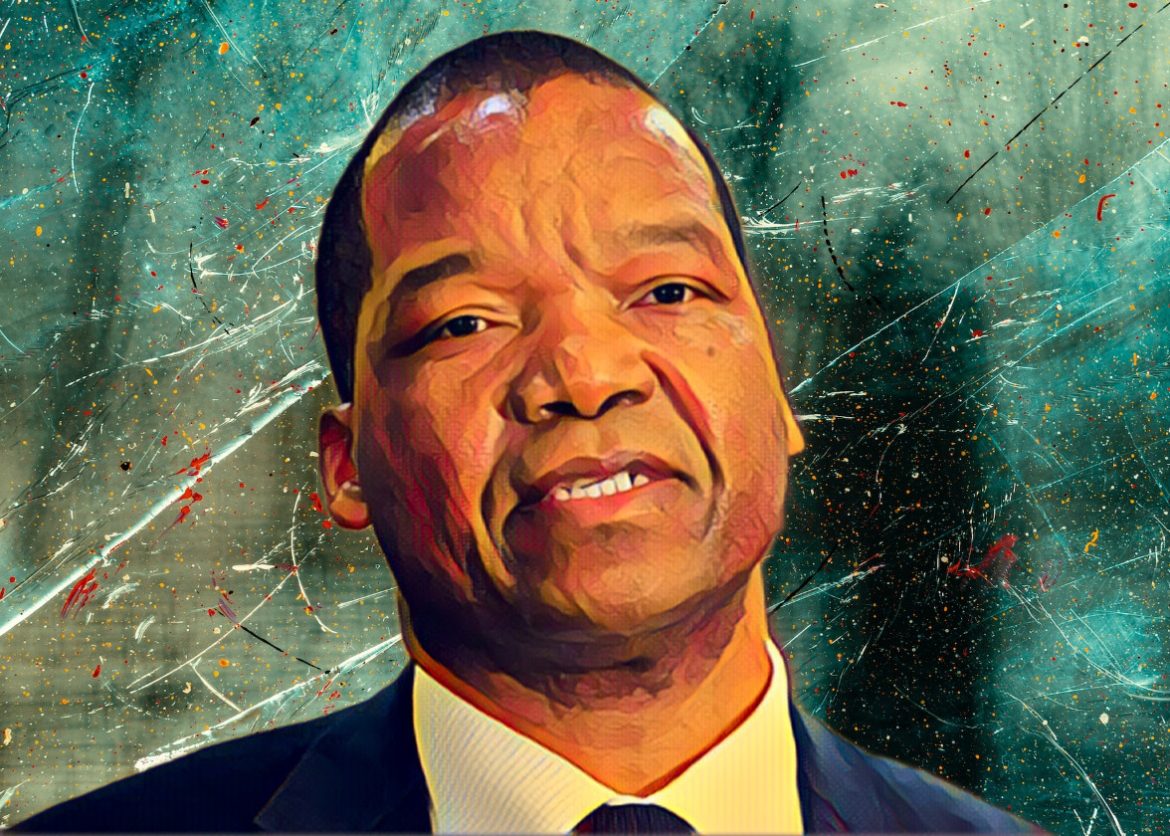In a decisive move signaling urgency in addressing Zimbabwe’s economic turmoil, President Emmerson Mnangagwa has retired John Mangudya, the governor of the Reserve Bank of Zimbabwe (RBZ), a month ahead of schedule. This unexpected shift paves the way for John Mushayavanhu, Mangudya’s successor, to implement innovative measures aimed at stabilizing the economy, currently reminiscent of the 2008 crisis. Zimbabwe faces daunting economic challenges, including soaring costs of goods and services and a rapidly depreciating local currency, which is increasingly being rejected by service providers.
The government’s eagerness for a new direction under Mushayavanhu is evident, as officials stress the importance of introducing a Monetary Policy Statement (MPS) by a governor who will spearhead long-term economic strategies. President Mnangagwa’s recent announcement of a structured currency plan, which took many by surprise, underscores the urgency for coherent economic policies. The reintroduced local currency has been losing value, fueling calls for a return to a dollar-based economy.
Mushayavanhu is expected to hit the ground running, with plans to unveil the awaited MPS next week, focusing on the structured currency solution. The Finance ministry has hinted at forthcoming measures to support the local currency, urging Zimbabweans to retain their Zimdollar holdings amid market anxieties and expectations. The ministry’s message aims to reassure the public of the government’s commitment to preventing loss of value through upcoming stabilization measures.
This leadership change, endorsed by President Mnangagwa through a government gazette notice, appoints Mushayavanhu for a five-year term starting late March 2024. Originally scheduled to begin in May, the early transition from Mangudya to Mushayavanhu highlights the administration’s resolve to confront economic challenges without delay. Mangudya, who was set to transition to a new role at Mutapa Investment Fund, has led the RBZ since 2014 but now makes way for Mushayavanhu, a respected figure in the banking sector known for his leadership at FBC Holdings Limited.
The task ahead for Mushayavanhu is monumental, tasked with curtailing the Zimdollar’s rapid decline, which has seen a dramatic depreciation in recent months. Despite various interventions, including the introduction of gold coins to mop up excess currency and stabilize the Zimdollar, the local currency’s value against the dollar has continued to plummet, contributing to inflation spikes and economic instability.
Economists and observers remain cautious, highlighting Zimbabwe’s historical struggles with inflation control and the need for effective implementation of new measures. The government’s ability to enact long-term economic reforms and stabilize the currency will be crucial for Zimbabwe’s economic recovery. With inflation rates escalating and the local currency’s value diminishing, the ruling party and government officials are under pressure to devise and execute strategies that will curb speculative activities, control inflation, and stabilize the exchange rate.
President Mnangagwa has expressed his government’s determination to address these economic challenges through “responsive interventions” and “home-grown innovative solutions.” As Zimbabwe navigates this critical juncture, the success of these initiatives in revitalizing the economy and restoring confidence in the local currency remains to be seen. The nation’s economic future hinges on the effective management of these complex issues, with hopes that new leadership and strategies will usher in a period of stability and growth.


